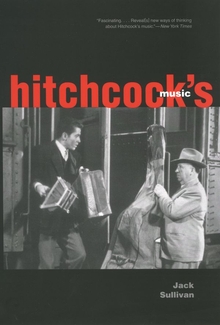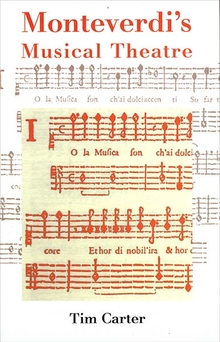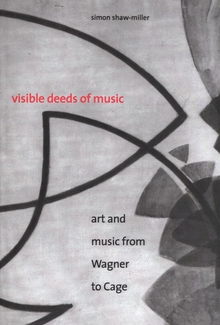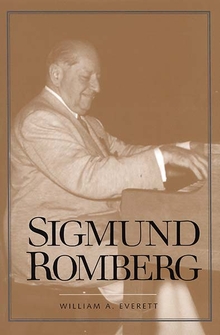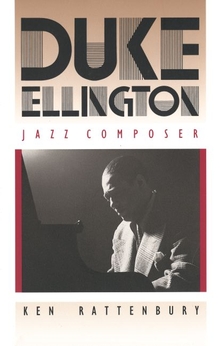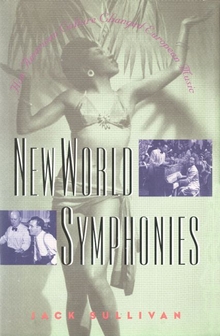Hitchcock’s Music
WARNING
You are viewing an older version of the Yalebooks website. Please visit out new website with more updated information and a better user experience: https://www.yalebooks.com
Jack Sullivan
Based on extensive interviews with composers, writers, and actors, and research in rare archives, Jack Sullivan discusses how Hitchcock used music to influence the atmosphere, characterization, and even storylines of his films. Sullivan examines the director’s important relationships with various composers, especially Bernard Herrmann, and tells the stories behind the musical decisions. Covering the whole of the director’s career, from the early British works up to Family Plot, this engaging look at the work of Alfred Hitchcock offers new insight into his achievement and genius and changes the way we watch—and listen—to his movies.
Listen to Jack Sullivan discuss the 50th Anniversary of Vertigo on NPR’s “On Point”
"A wonderfully coherent, comprehensive, groundbreaking, and thoroughly engaging study of perhaps the most underexamined important element of Hitchcock's artistry."—Sidney Gottlieb, editor of Hitchcock on Hitchcock: Selected Writings and Interviews
"A richly evocative study that combines important new scholarship with sparkling sensibility. Sullivan vividly documents Hitchcock's restless eclecticism and bold interweaving of musical styles—popular, classical, avant-garde, and electronic."—Camille Paglia, author of Sexual Personae and The Birds (BFI Film Classics)
"We might think Hitchcock needed music less than other filmmakers, but Jack Sullivan, in this lovingly researched and articulated book, shows he needed it more. Music said everything Hitchcock couldn't say, even in pictures, and Mr. Sullivan expertly proves that the master's every soundtrack tells an intricate and often romantic story."—Michael Wood, Princeton University
“A fascinating new book. . . . [Sullivan] examines Hitchcock’s meticulous notes about film scores, pays attention to every casual calliope tune and chronicles the director’s arguments with studios and fallings out with composers while revealing new ways of thinking about Hitchcock’s music.”—Edward Rothstein, New York Times
Publication Date: May 20, 2008
30 b/w illus.

